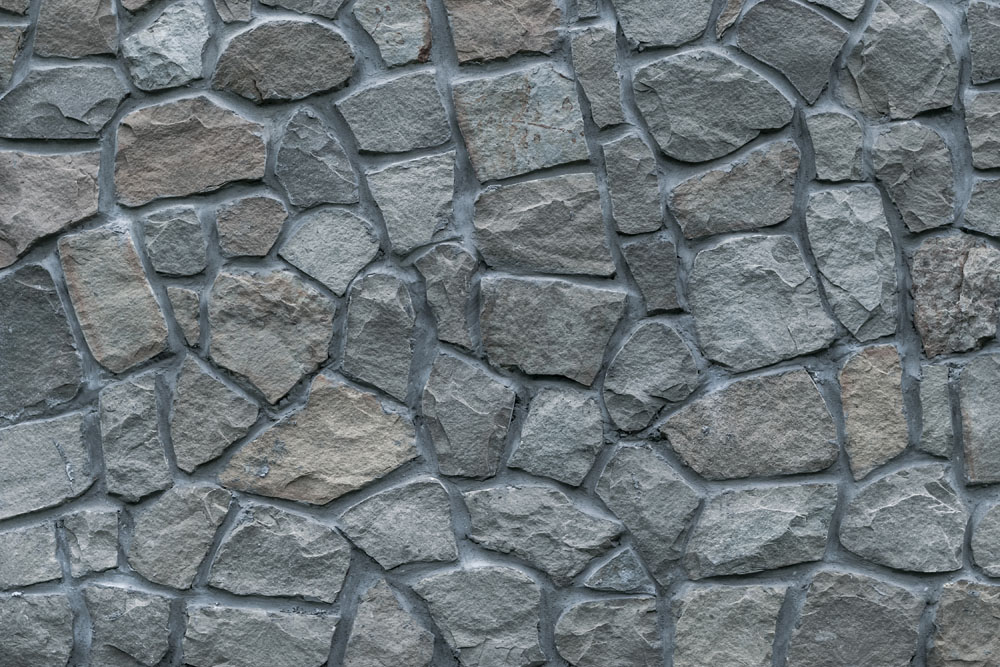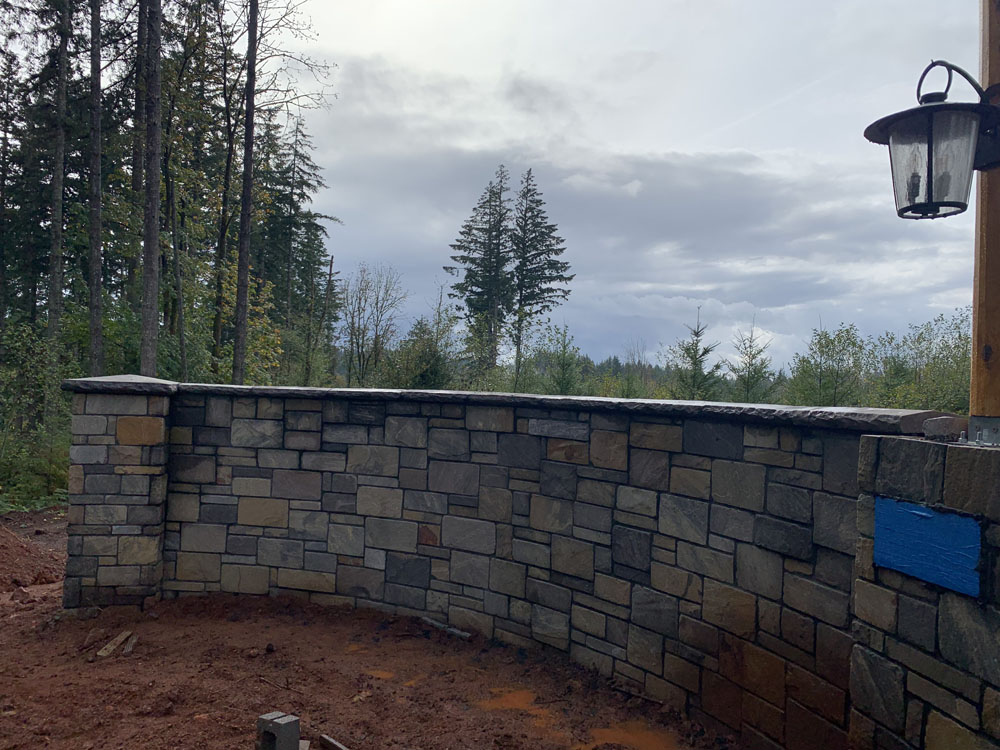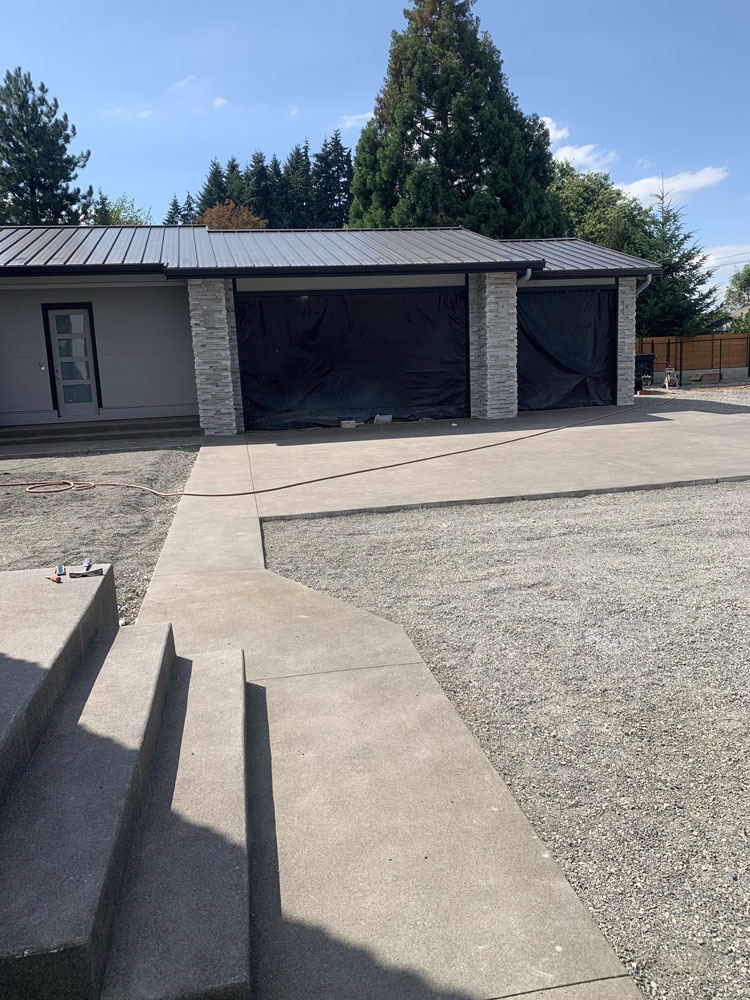Introduction: Building a Greener Future
In a world that's increasingly conscious about environmental sustainability, the construction industry is undergoing a seismic shift. One of the standout practices is Harnessing Local Resources for Sustainable Masonry Construction. This approach not only emphasizes the use of local materials but also seeks to minimize carbon footprints, enhance community engagement, and create structures that harmonize with their surroundings.
As more people advocate for eco-friendly building practices, the role of a Masonry Contractor becomes pivotal. By leveraging locally sourced resources, masonry contractors can craft beautiful structures that don’t just stand the test of time but also foster sustainability. In this article, we’ll delve deep into the nuances of sustainable masonry construction, providing insights that will help both industry professionals and environmentally-conscious individuals understand its significance.
Understanding Sustainable Masonry Construction
What Is Sustainable Masonry?
Sustainable masonry refers to constructing buildings using methods and materials that promote environmental stewardship. But what makes it sustainable? It’s all about reducing waste, conserving energy, and utilizing renewable resources.
The Importance of Sustainability in Construction
Why should we care about sustainable construction? Well, aside from preserving our planet for future generations, sustainable practices often result in cost savings in the long run. Using local materials means reduced transportation costs and emissions while supporting local economies.
The Role of a Masonry Contractor in Sustainability
A seasoned Masonry Contractor plays a crucial role in implementing these sustainable practices. They are not just builders; they are stewards of their communities who can guide clients toward making environmentally friendly choices.
Harnessing Local Resources for Sustainable Masonry Construction
Why Local Resources Matter
Harnessing local resources means utilizing materials that are readily available within a specific region. This practice has several benefits:
- Reduced Transportation Costs: Less distance means less fuel consumption. Lower Carbon Footprint: Fewer emissions during transport contribute to sustainability. Community Support: Purchasing locally creates jobs and supports the economy.
Types of Local Materials Used in Masonry
Curious about what types of materials you might find nearby? Here’s a quick rundown:

Benefits of Using Local Materials
Using local materials isn't just about being trendy; it comes with tangible benefits:
- Improved durability due to adaptation to local climates. Enhanced aesthetic appeal by blending with regional architecture. Strengthened community ties through local sourcing.
The Process: From Planning to Execution
Identifying Local Resources
Before starting any project, how does one identify suitable local resources?
Conduct surveys on available materials around your project site. Consult with local suppliers and quarries. Network with other contractors who specialize in sustainable practices.Designing with Sustainability in Mind
Once you've identified your resources, it’s time for design! A good design integrates:
- Natural lighting Efficient heating/cooling systems Space optimization using local materials
Choosing the Right Techniques
Different masonry techniques can enhance sustainability:
Dry Stacking: Reduces mortar usage and allows for easier disassembly later. Earthbag Construction: Utilizes bags filled with earth or sand as structural elements.Environmental Impact of Masonry Construction
Assessing Carbon Footprint
Every step taken in construction contributes to its overall carbon footprint—how do we assess it?

Mitigating Environmental Damage
A responsible contractor looks for ways to mitigate damage:
- Use eco-friendly sealants Implement rainwater harvesting systems Design structures that utilize passive solar heating
Economic Advantages of Sustainable Masonry
Cost Savings Through Local Sourcing
Utilizing locally sourced materials often leads to lower costs due to decreased transportation fees and reduced import taxes.
Long-Term Investments
Investing in sustainable masonry isn’t just good for the planet; it’s good for your wallet too! Structures built sustainably tend to require less maintenance over time.
Community Engagement and Social Responsibility
Building Community Relationships
How can masonry contractors benefit their communities? By fostering partnerships with local suppliers and engaging residents throughout the building process!
Encouraging Public Participation
Involve locals through workshops or volunteer days where they can contribute to building efforts—this cultivates pride and ownership.
Challenges Faced When Harnessing Local Resources
https://ramosmasonry.com/masonry-contractor-services/brick-or-stone-patio-installation-and-repair/ https://ramosmasonry.com/masonry-contractor-services/brick-or-stone-veneer-installation/ https://ramosmasonry.com/masonry-contractor-services/masonry-restoration-and-preservation/ https://ramosmasonry.com/about-ramos-masonry-construction-company/ masonry contractorAvailability Issues
Sometimes local resources may not meet modern standards or codes—what's a contractor to do?
Research alternatives that still align with sustainability goals. Advocate for updated regulations allowing innovative approaches.Resistance from Clients
Some clients may be hesitant about using local materials due to misconceptions—how do you counter this?
Educate them on benefits like durability, aesthetic value, and positive environmental impact.
Innovative Technologies Supporting Sustainable Masonry
Green Building Certifications
Certifications such as LEED (Leadership in Energy and Environmental Design) encourage contractors and builders alike to adopt green practices—what’s involved?
Document energy-efficient designs. Source sustainable materials verified by third-party organizations.Modern Tools for Efficiency
Technological innovations help streamline processes:
- 3D printing technology facilitates custom designs using local materials. Drones aid in surveying land efficiently before construction begins.
FAQs About Sustainable Masonry Construction
Q1: What defines sustainable masonry?
A: Sustainable masonry uses eco-friendly techniques and materials while minimizing environmental impacts throughout construction processes.
Q2: How can I find a reliable masonry contractor focusing on sustainability?
A: Look for certifications or memberships in green building organizations; seek reviews focusing on past sustainable projects as well!
Q3: Are there grants available for sustainable construction projects?
A: Yes! Many governments offer grants or incentives aimed at promoting green building initiatives—always check your area’s regulations!
Q4: Can I incorporate recycled materials into my masonry project?
A: Absolutely! Recycled bricks or stones add unique character while supporting sustainability efforts—just ensure they meet safety standards!
Q5: What role does insulation play in masonry construction?

Q6: Is it possible to build an entire structure sustainably using only local resources?
A: Yes! With careful planning & innovative techniques like rammed earth or straw bale walls, full constructions can be achieved sustainably!
Conclusion: Crafting Tomorrow's Foundations Today
As we embark on this journey toward a greener tomorrow through effective masonry practices, it's clear that harnessing our locality's resources is key! With forward-thinking approaches led by skilled professionals like our trusty Masonry Contractors, not only can we create stunning structures but also pave pathways towards environmental preservation—and let’s face it; there’s no time like the present! So whether you're considering your next build or simply looking into eco-friendly options down the line—it’s evident that embracing Harnessing Local Resources for Sustainable Masonry Construction is indeed worth investing in!